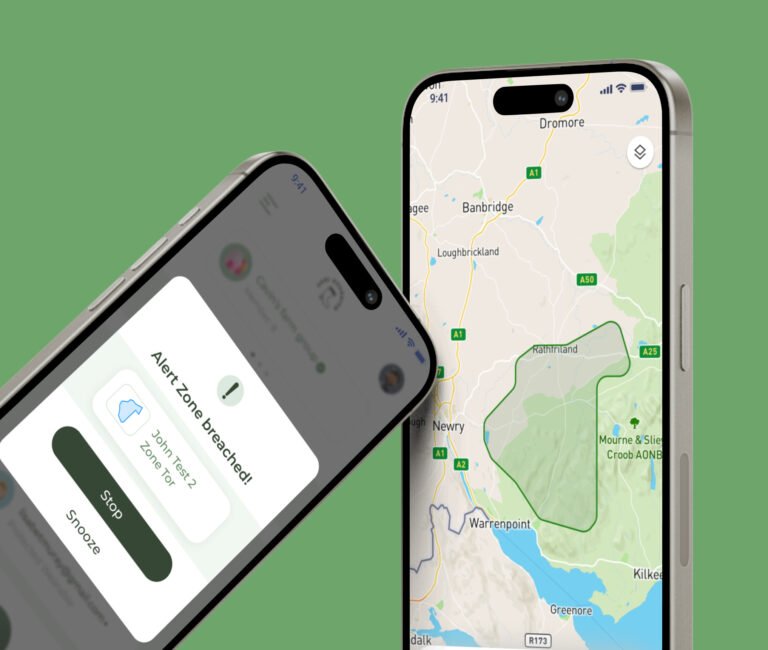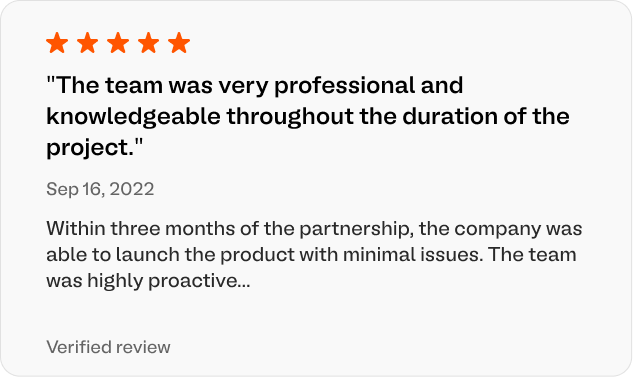The IoT (Internet of Things) in the automotive industry refers to the integration of internet-connected devices and technology into vehicles. This innovation allows for real-time data exchange between vehicles, infrastructure, and drivers, improving safety, efficiency, and overall driving experience.
Automotive Industry
IoT in the automotive industry connects vehicles to the internet, enhancing safety, efficiency, and the overall driving experience.
Key Insights Shaping Smart Home
Connected Vehicles
The increasing integration of internet connectivity in vehicles is transforming them into data-rich platforms, enabling features like remote diagnostics, over-the-air updates, and real-time monitoring.
Enhanced Safety
IoT technology is driving advancements in vehicle safety through features like collision avoidance systems, adaptive cruise control, and vehicle-to-vehicle (V2V) communication.
Sustainability
IoT supports eco-friendly transportation through data-driven insights that optimize fuel consumption and reduce emissions.
Regulatory Impact
Governments and regulatory bodies are adapting to the IoT automotive landscape by defining standards and rules for vehicle safety and data privacy.
Urban Mobility Solutions
IoT facilitates the growth of smart cities and urban mobility solutions, with connected vehicles as part of a larger ecosystem that includes public transportation and infrastructure.
Infrastructure Development
The expansion of IoT in the automotive sector requires investments in communication infrastructure and 5G networks to support low-latency, high-bandwidth connections.
How IoT transforming the automotive industry
The automotive industry is currently undergoing a significant transformation, thanks to IoT technologies. Connected cars are becoming increasingly common, and they are changing the way we think about driving, safety, and transportation as a whole. With the rapid growth of IoT technology, it is not surprising that the automotive industry is now exploring new ways to integrate it into their vehicles.
IoT technology revolutionizes the automotive industry. It enables vehicles to detect hazards, offers efficient maintenance, and paves the way for autonomous vehicles, making travel safer and more efficient.
The benefits of IoT-enabled cars include improved safety, enhanced driver experiences, increased efficiency, and reduced maintenance costs.
Future developments in connected cars include autonomous vehicles, advanced connectivity, and enhanced safety features.
In conclusion, IoT is transforming the automotive industry, with connected cars as just the beginning. Expect more intelligent vehicles communicating with other devices and systems as IoT technology advances.
Automotive Cases

Connected Car Platform
A connected car platform refers to a technological ecosystem that enables communication and data exchange between vehicles, infrastructure, and various external networks.

Smart Asset Tracking System
Revolutionizing logistics and supply chain management, the smart asset tracking system utilizes advanced BLE tags to enable seamless monitoring and tracking.

Agriculture Asset Tracking System
Application for monitoring people in agricultural zone with working agticulrural harvesters.
Automotive Innovations
- Autonomous Driving
IoT sensors and data analytics support self-driving cars by providing real-time information about the vehicle’s surroundings.
- Vehicle-to-Vehicle (V2V) Communication
IoT enables cars to communicate with each other, sharing data on location, speed, and road conditions to enhance safety.
- Advanced Driver Assistance Systems (ADAS)
IoT contributes to the development of ADAS features like adaptive cruise control, lane-keeping assistance, and collision avoidance.
- Remote Diagnostics
IoT enables remote monitoring and diagnostics of vehicle systems, improving maintenance and reducing downtime.
- Smart Traffic Management
IoT sensors in vehicles and infrastructure aid in traffic optimization, reducing congestion and emissions.
- Energy Efficiency
IoT technology enhances electric and hybrid vehicles by optimizing battery usage and charging.
As IoT technology continues to evolve, the future of connected cars looks bright. We can expect to see even more sophisticated and intelligent vehicles that are capable of communicating with other devices and systems. Some of the key developments to look out for include:
- Autonomous Vehicles: The development of autonomous vehicles will continue to be a major focus for the automotive industry. These vehicles have the potential to revolutionize the way we think about transportation, providing a safer, more efficient means of travel.
- Enhanced Connectivity: Connected cars will become even more connected in the future, with the ability to communicate with other devices and services in real-time. This will enable new features and services that are not possible with traditional vehicles.
- Advanced Safety Features: IoT technology will be used to develop even more advanced safety features, such as collision detection and emergency braking systems.
Industry 4.0
IoT in Industry 4.0 combines manufacturing and connectivity to create smarter, more efficient factories.
Smart Home
Smart home tech connects and controls devices for convenience, efficiency, and security, streamlining daily life.
Healthcare
Our innovative solutions connects and manages healthcare devices to enhance productivity, convenience, efficiency, etc.
Contact Us
Kyiv, Ukraine
19 Koval's'kyi Lane, Kyiv, Ukraine
+380967764322
contact@fordewind.io
Warsaw, Poland
Mokotów, Warsaw, Poland
+48452478282
contact@fordewind.io
Vancouver, Canada
W Georgia St, Vancouver, Canada
+16047649232
contact@fordewind.io
Tallinn, Estonia
Kaupmehe 7-120, Kesklinna, Tallinn, Harju 10114, Estonia
contact@fordewind.io
New York, USA
348 W. 57th St., New York, NY 10019
+16462359076
contact@fordewind.io




